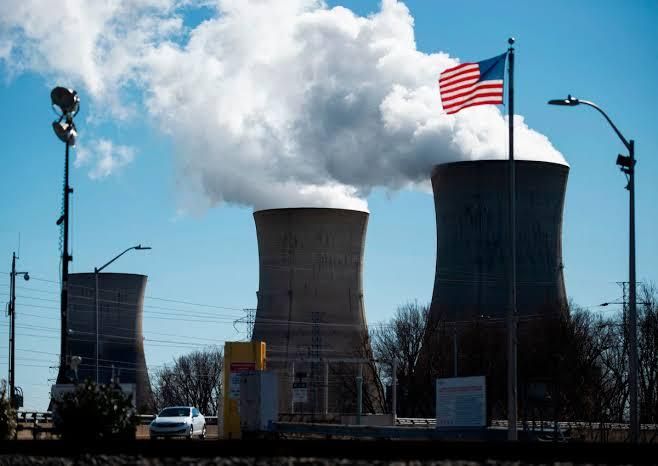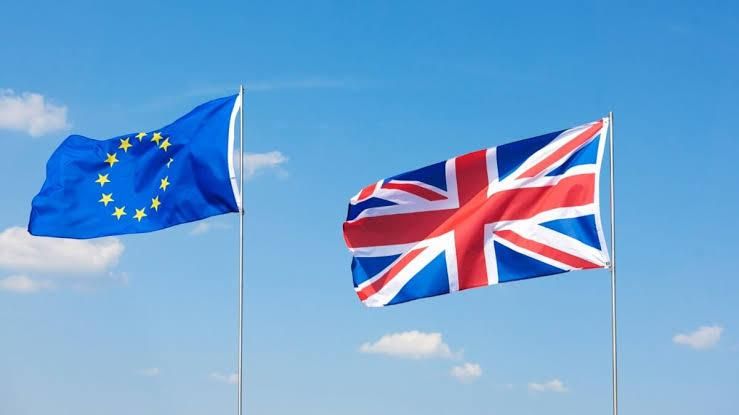As Microsoft searches for solutions to meet its expanding energy needs, America's Three Mile Island energy plant—the scene of the worst nuclear catastrophe in US history—is getting ready to reopen.
The IT behemoth announced that it has inked a 20-year contract to buy electricity from the Pennsylvania plant, which is scheduled to reopen in 2028 following upgrades.
The purpose of the arrangement is to supply the business with a clean energy source as artificial intelligence (AI) data centres, which are power-hungry, grow.
Regulators will now review and approve the idea.
Constellation Energy, the plant's owner, stated that while the reactor it intended to restart was "fully independent" of the unit that had been involved in the 1979 disaster, it was located adjacent to it.It caused no injuries or deaths but provoked widespread fear and mistrust among the US public, discouraging the development of nuclear power in the US for decades.
However, there is renewed interest in nuclear as concerns about climate change grow - and companies need more energy due to advances in artificial intelligence.
Constellation chief executive Joe Dominguez told analysts on Friday that the deal was a "powerful symbol of the rebirth of nuclear power as a clean and reliable energy resource".
“Before it was prematurely shuttered due to poor economics, this plant was among the safest and most reliable nuclear plants on the grid, and we look forward to bringing it back with a new name and a renewed mission," he said in a statement announcing the deal.
He said nuclear plants were the "only energy sources" that could consistently deliver an "abundance" of carbon-free energy.
Microsoft also called it a "milestone" in its efforts to "help decarbonize the grid".
On 28 March, 1979, a combination of mechanical failure and human error led to a partial meltdown at the nuclear power plant in central Pennsylvania.
The accident occurred at about 04:00 in the Three Mile Island plant's second unit.
The plant's Unit 1 - which would reopen under the Microsoft deal - continued to generate power until closing in 2019.
Its owner at the time, Exelon, which spun out Constellation as an independent business in 2022, said the low cost of natural gas extraction had made nuclear-generated electricity unprofitable.
Constellation said it would invest $1.6bn (£1.2bn) to upgrade the facility, which it would seek approval to operate until at least 2054.
Reopening the plant would create 3,400 direct and indirect jobs and add more than 800 megawatts of carbon-free electricity to the grid, generating billions of dollars in taxes and other economic activity, according to a study by The Brattle Group cited by Constellation.
Local media reported earlier this month that word of its possible revival had drawn some protesters.
With its energy needs growing, Microsoft is hardly the only tech business resorting to nuclear power.
Amazon also inked a contract earlier this year to buy nuclear energy to run a data centre. Regulators are currently looking into those ideas.








.svg)


